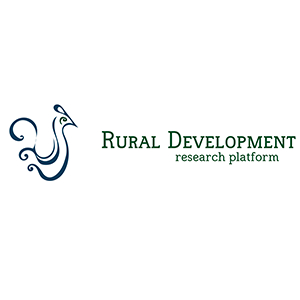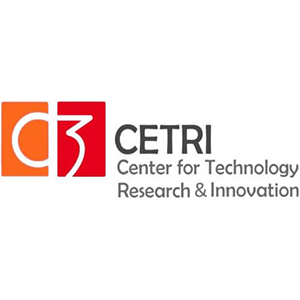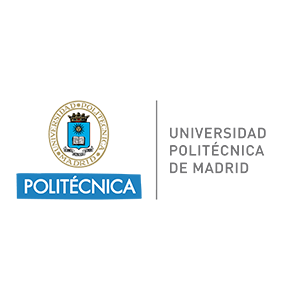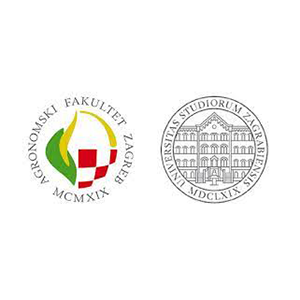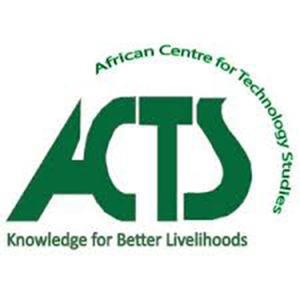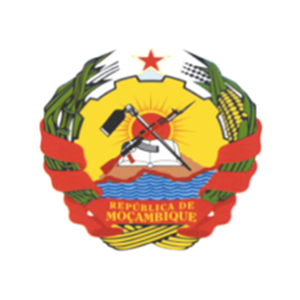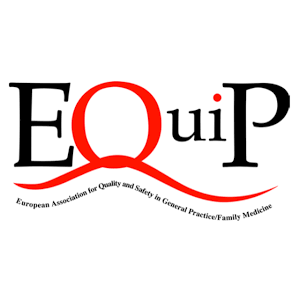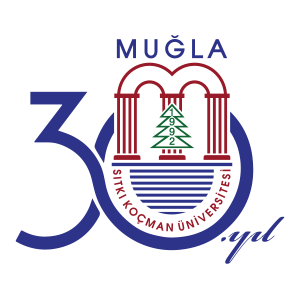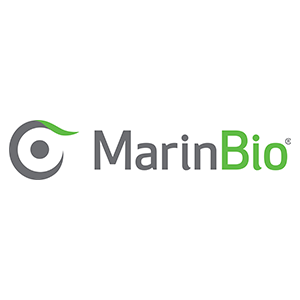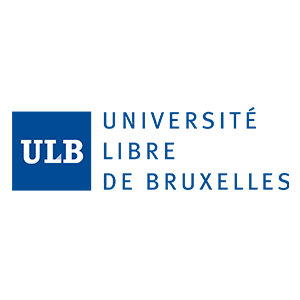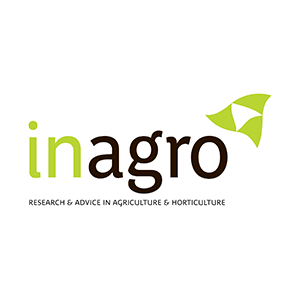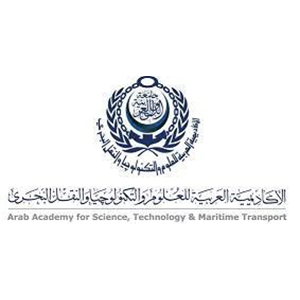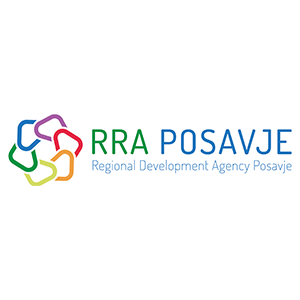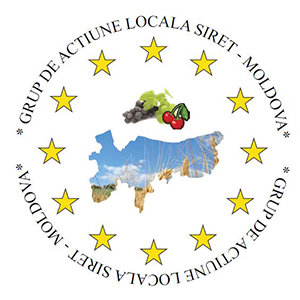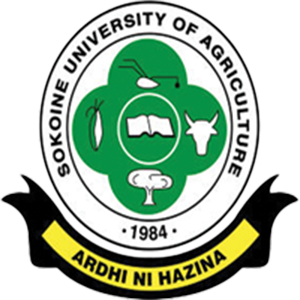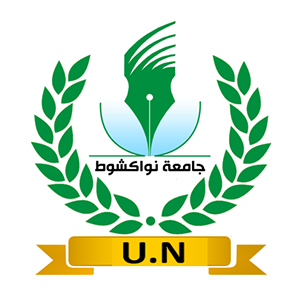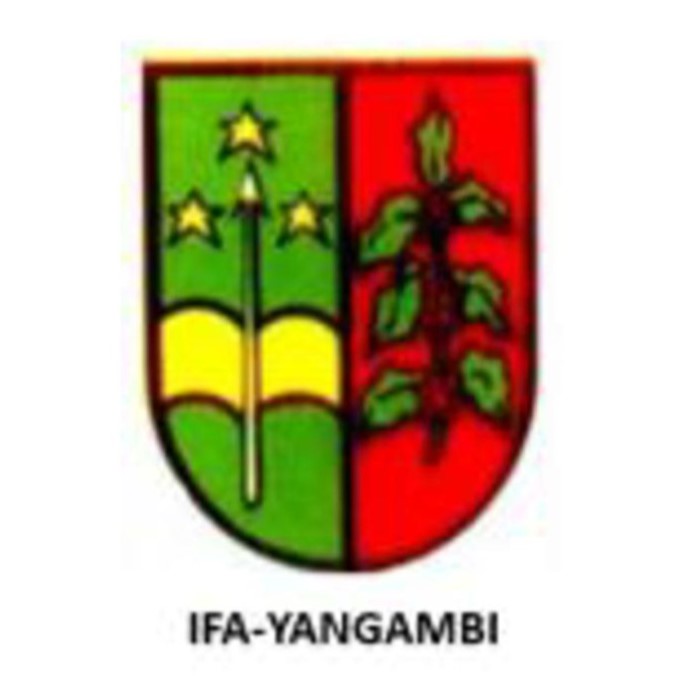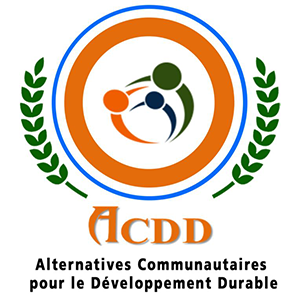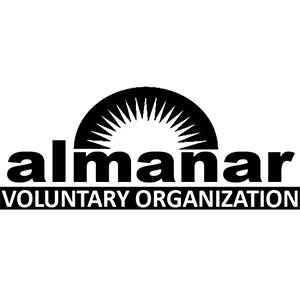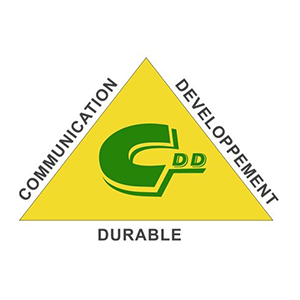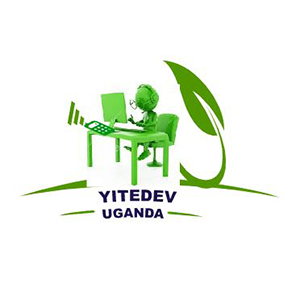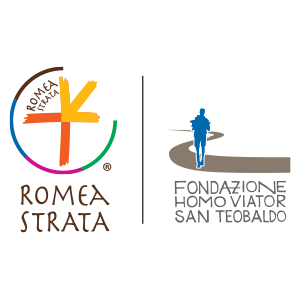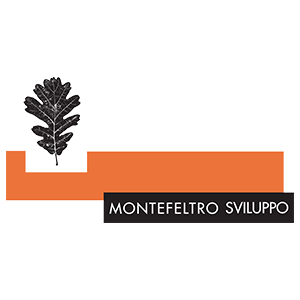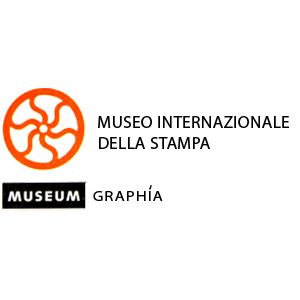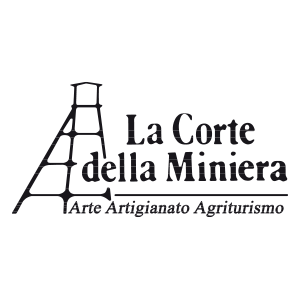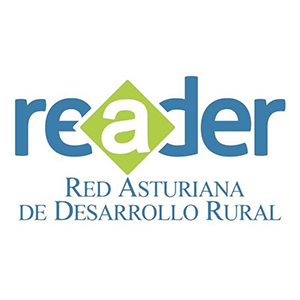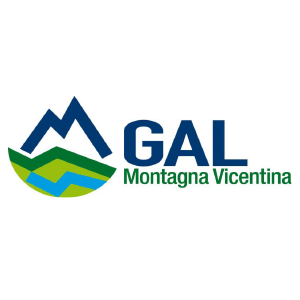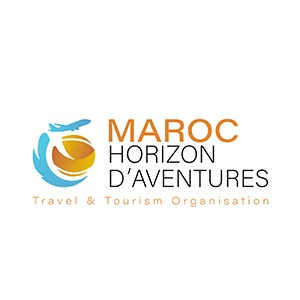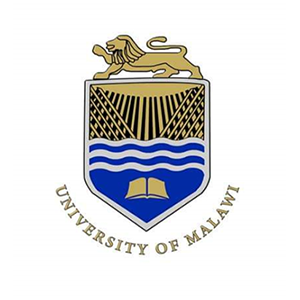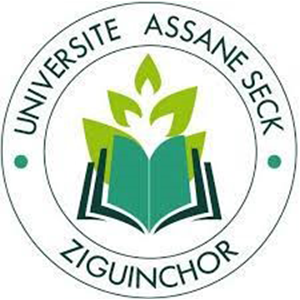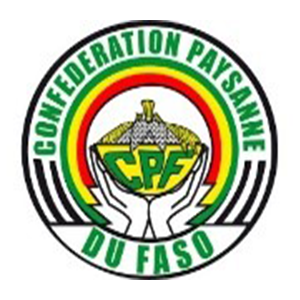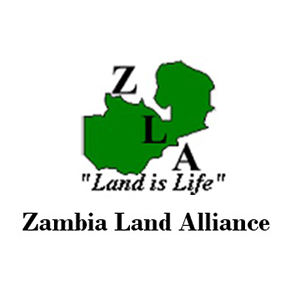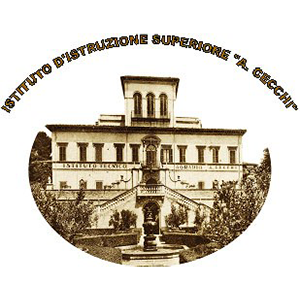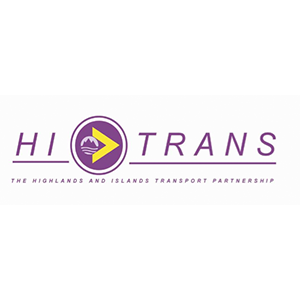On February 29, 2024, two RURALITIES project partners situated in the Asturias (Spain), presented their living labs during the second living labs online workshop. This workshop served as a dynamic platform for exchanging insights, fostering collaboration, and delving into the innovative initiatives shaping the local landscape.
The first living lab presented at this workshop was ASINCAR’s Food Pilot Plant. ASINCAR is a nonprofit organization with 3 different roles related to innovation, technology and cooperation. Food Pilot Plant is a living lab that is reproducing the environment of a Food SME, working under controlled conditions. Different activities developed in the living lab include:
- Scaling up of food production – going from small to relevant production batches. Process adaptations due to increasing production – Transitioning from small-scale batches to relevant production quantities involves adaptations to the production process. The Living Lab has been addressing challenges associated with increased production, ensuring that unwanted processes are identified and avoided in larger food production settings. Moreover, the Living Lab is testing new ingredients and additives, or trying new ways of incorporating ingredients, to avoid undesirable tastes or odors that may emerge during the scaling-up process.
- Validation of food technologies at pre-industrial level – this involves activities such as introduction and assessment of new packaging machines or new packaging materials. The Living Lab is actively engaging in the validation, optimization and determination of different performance indicators of new technologies.
- Research and development process, which is key role of all living labs in general. Main innovation lines in ASINCAR are development of new food products or formulations, food processing technologies, innovative packaging systems, biotechnology, bioeconomy and new manufacturing process.
- Tech transfer and networking activities
- Vocational training – training for unemployed and active workers. This training anually provides education for around 1000 people.
The result of ASINCAR’s Food Pilot Plant work are for example new food products such as gourmet grilled fish preserves, blueberries dried with a different drying process using fruit discarded by the distributors because of visual defects or chorizo (sausage) with reduced fat content that can be labelled as light
Another important outcome of the Living lab is connected to validation of new food technologies or tech transfer. Food Pilot Plant is specializing in Near Infrarred Spectroscopy (NIR) and hyperspectral imaging (HSI). Thanks to these analytical methods, calibration models can be developed that can predict shelf life, assess nutritional content or identify food fraud.
Second Asturias Living Lab presented at this workshop was CTIC Rural Tech. CTIC is a Technology Centre located in Gijón and represents the most innovative ecosystem in Asturias. CTIC aims to be a catalyst for innovation and trusted technological partner by generating innovative services and products and integrating technology into business processes to enhance competitiveness. CTIC focuses on multiple fields such as data economy, health and wellness, territorial intelligence and industry.
CTIC Rural Tech is a centre for technological innovation focused on developing and implementing innovative solutions for rural environments. This living lab aims to improve the quality of life of rural communities and improve the capabilities of rural companies and territories through technological innovation.
Main lines of work of CTIC Rural tech Include
- Innovation and digital transformation for rural businesses
- Technological innovation for improving people’s quality of life, which includes for example teaching people how to work with a computer
- Support for local development entities and groups
- Rural technology demonstration centre
- Meeting place for stakeholders and model villages
Peón Valley projects:
CTIC Rural Tech is at the forefront of innovative projects aimed at revolutionizing various aspects of rural life. From pioneering Smart Grazing initiatives to Beekeeping 4.0, which focuses on enhancing the quality of honey, CTIC Rural Tech is driving transformative change. The Energy Community project, involving five houses, a school, and CTIC Rural Tech, is dedicated to reducing energy costs and preventing wastage, with active participation from local neighbours and collaboration on different European projects. Additionally, CTIC Rural Tech’s Climate Simulator offers insights into plant reactions to high temperatures, drought periods, and pests. Through Vegetable Patch Sensorization, the quality of soil, rainfall, and soil nutrients are analyzed, enabling effective pest control and ensuring for example the traceability of apple quality with apple tree sensors. Furthermore, CTIC Rural Tech’s initiatives extend to forest fire prevention through sensors and meteorological stations, while also introducing innovative projects like the Cider Digital Passport and Data Process Control, demonstrating its commitment to leveraging technology for sustainable rural development.
Moreover, CTIC Rural Tech is used as an Intergenerational space where activities with young and older residents of the Valley and village are being held to strengthen the community and create a platform for them.
The future of CTIC Rural Tech lies in creating a living lab for EU project experimentation, blending technology, AI, and nature. This innovative approach aims to revolutionize rural development by harmonizing technological advancements with environmental sustainability. By integrating cutting-edge technology and AI insights, CTIC Rural Tech envisions a future where rural communities thrive through sustainable practices and technological innovation.


